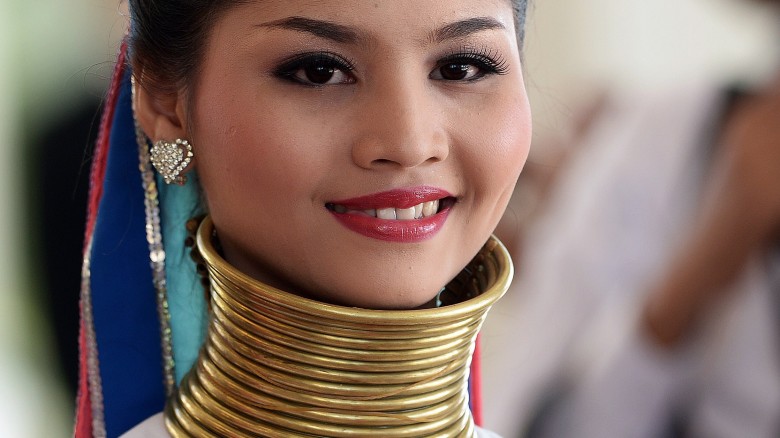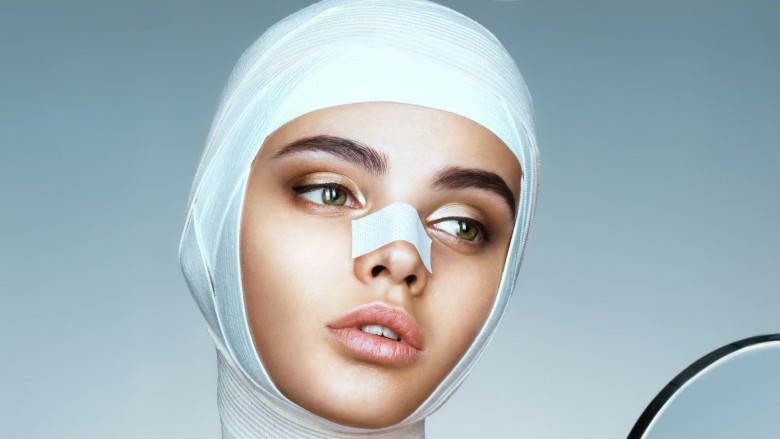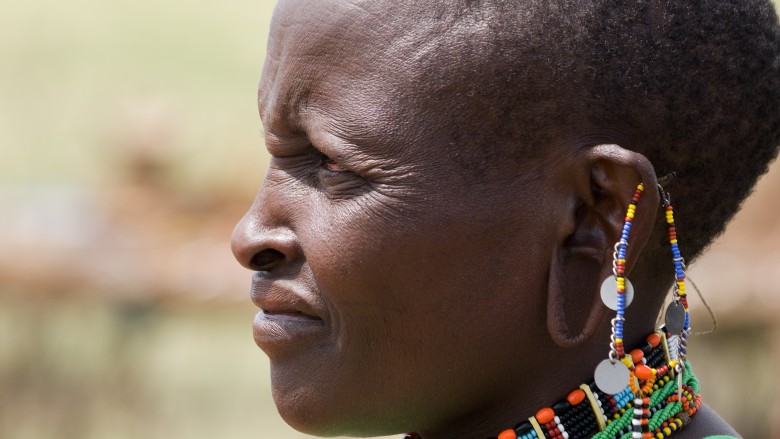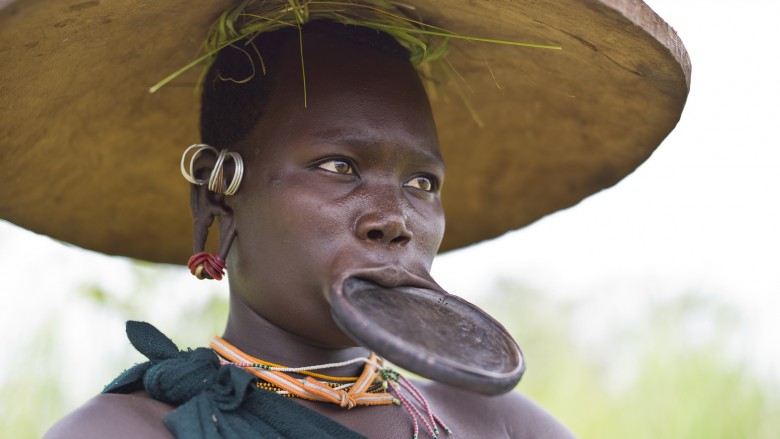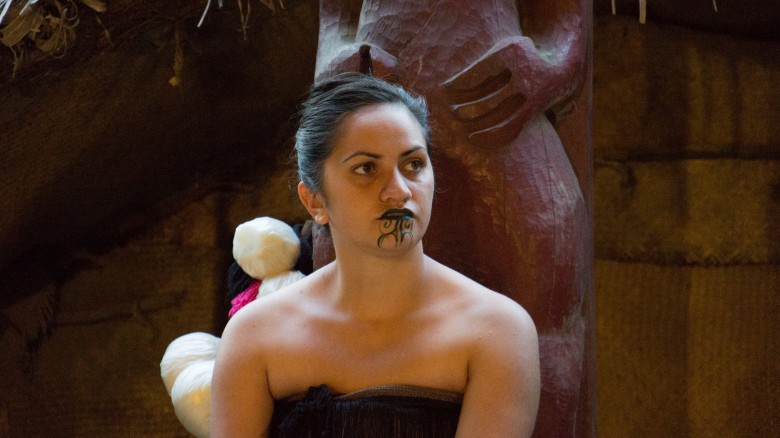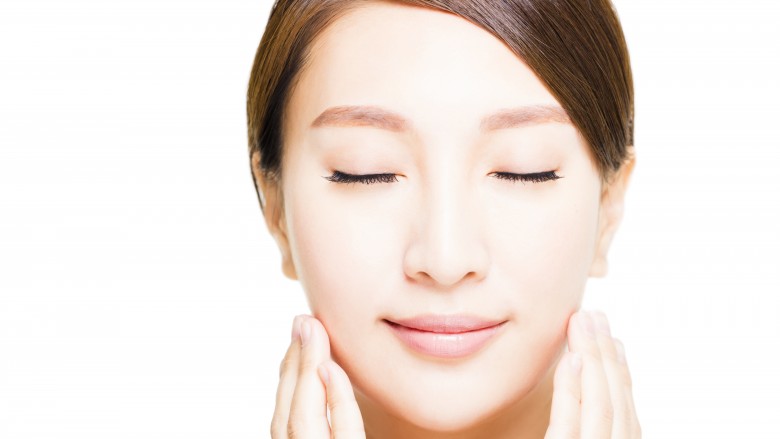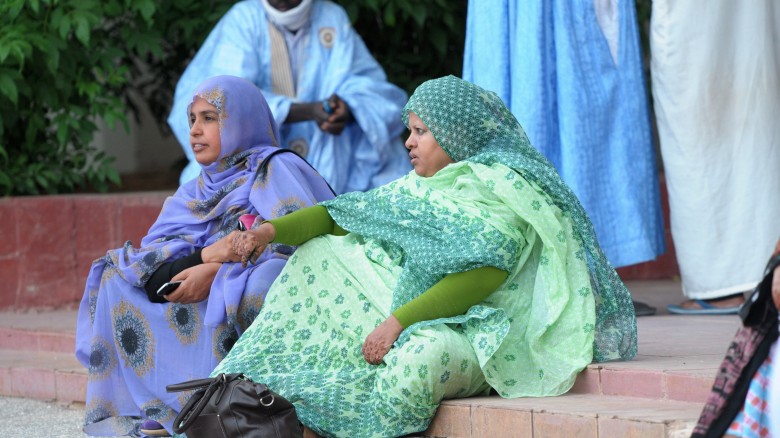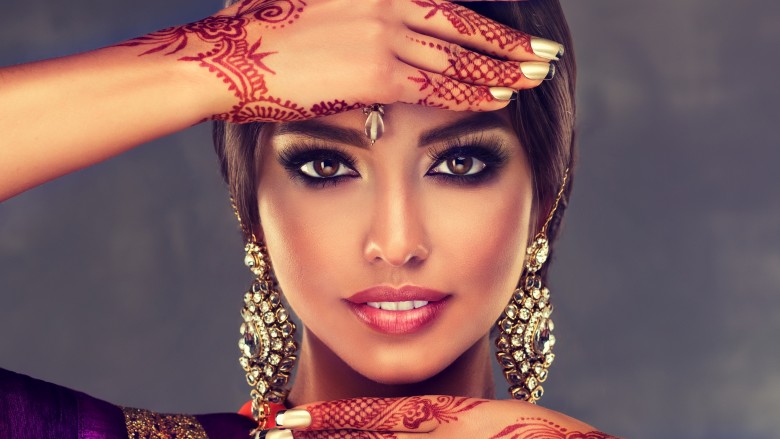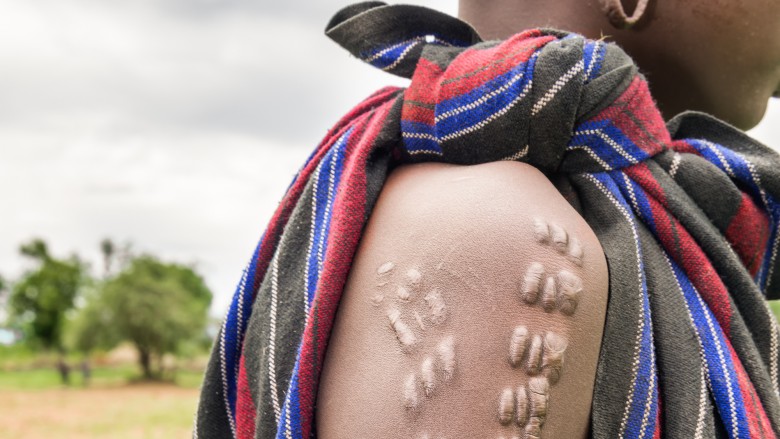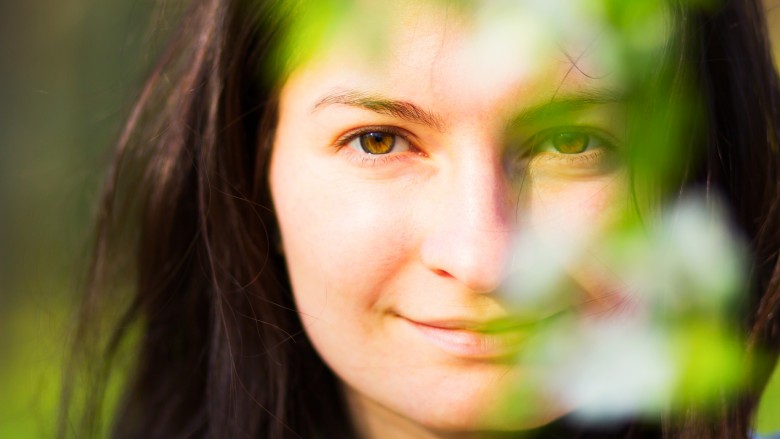What Men Find Attractive In Different Parts Of The World
There is nothing more enticing to a man than a beautiful woman. They say that beauty is in the eye of the beholder, and all women are beautiful to the man who thinks she is the prettiest creature on Earth.
But not every man has the same standard of beauty, and this is never more apparent than when taking a gander at various cultures throughout the world to see what men consider beautiful.
I've had the privilege of traveling around the world and experiencing different cultures. It has been fascinating and sometimes surprising to learn what is considered attractive to men in other countries. From women having large feet and filed, pointy teeth in Bali, to lip and ear-stretching rituals in parts of Africa and South America, it's easy to see that beauty is truly in the eye of the beholder, even if some beauty practices may seem truly odd to Americans.
Here is a look at some of the standards of beauty around the world.
The long-necked women of Myanmar
We've all seen images of the Karen women in parts of Myanmar and Thailand who wear heavy, brass rings around their neck. The group of people known as the "long-neck" or "giraffe" tribe is really a sub-group of the Padaung. The seemingly odd practice makes a woman more attractive to a possible mate because it is a sign of beauty and wealth.
Although it may appear to many Westerners that it must be torture for a woman to undergo the lengthening of her neck, this is really just a myth. In fact, the brass rings create a visual illusion, making the woman's neck simply appear longer. "The weight of the rings pushes down the collar bone, as well as the upper ribs, to such an angle that the collar bone actually appears to be a part of the neck," notes the website.
Kayan long neck women begin wearing the rings by the age of four or five, with more rings added as they become accustomed to the weight. These rings can weigh up to 25 pounds.
Women on Iran like to show off their nose jobs
Nose jobs aren't that uncommon in the United States, but Iran has become the rhinoplasty capital of the world. Women are so proud of going under the knife that they will continue to wear their bandages long after they're needed, in order to show off their beauty. Still others will purchase surgical tape to wear even if they haven't undergone the procedure.
Because women's bodies and hair are covered by a hijab and it makes little sense to spend money on clothes, they are keen to spend their money to enhance what people can see.
"They have become more fashion conscious because they are deprived of it," author of Reading Lolita in Tehran, Azar Nafisi, told ABC News. "Every woman likes to be happy, likes to be secure, likes to look good, to feel good, and Iranians are no different." Well said.
Stretched earlobes and a shaved head is a beauty standard in Kenya and other parts of Africa
Members of the Masai tribe in Africa are known for their practice of wearing heavy jewelry made of stones or elephant tusks to stretch their earlobes over time.
As time goes by, a woman's status in the Masai tribe, as well as other tribes in Africa, is heightened by how large and elongated her earlobes have become. To draw attention to their elongated earlobes, Masai women will adorn them with brightly colored beads and jewelry to attract attention to their impressive size.
Lip stretching in parts of Africa and South America are considered attractive to men
Many Americans may consider a lip plate a form of body mutilation, but to a Mursi or Suri woman in Ethiopia, it denotes female maturity, signaling that she has reached child-bearing age.
The process includes the removal of the two lower front teeth before a piercing is made to allow a heavy clay or wooden disk to adorn and stretch the lower lip. Like ear stretching, larger and larger disks are inserted over time to further elongate the lip. The larger the disk becomes, the greater the beauty, as it signifies maturity, which is an attractive attribute to a male of the tribe.
The practice is also found in parts of South America.
Māori women sport tattoos in New Zealand
Māori women in New Zealand have traditionally adorned a tattoo on their chin as a means to attract a mate. The sacred tradition is known as Ta Moko. Each moko is different and includes ancestral tribal information specific to the wearer. The moko also displays the woman's family and tribal affiliations, as well as her social status within her tribe.
While both men and women are tattooed, the main reason for women to tattoo their lips and chins is for beauty. "They are tattooed on their lips and chins and the more fuller their lips, the more beautiful they are considered in their community," says blogger Katie Wake-Ramos, who travels the globe, studying the concepts of beauty in different cultures.
The practice has changed over time, but it is still a draw for a Māori man. "Ta moko today is much more than a fashion statement, a passing fad for Māori," said Dr. Ngahuia Te Awekotuku, a professor of psychology at Waikato University. "It is about who we are, and whom we come from. It is about where we are going, and how we choose to get there. And it is about for always, forever."
Women in many Asian countries will avoid the sun at all costs
Women in many Asian countries abhor the sun because pale skin is a sign of beauty and desirability. I lived in South Korea for many years, and it was not uncommon to see women walking outside sporting huge "ajumma visors" to keep the sun from hitting their faces. These women also kept their bodies covered from head to toe, even in the hottest of months to keep their skin from tanning.
I came to learn that, historically speaking, if you were tanned, it meant that you were a poor peasant who had to work outdoors. Pale skin, on the other hand, depicted the life of luxury and wealth. Korean women who can afford it will also spend a great deal of money on creams to whiten their skin. In fact, a 2009 report from Global Industry Analysts said skin-lightening was a $10 billion industry worldwide. GIA was projecting that the number would surpass $23 billion by 2020.
I always found it interesting that I felt so much more desirable to men with a tan, while my Korean friends longed for just the opposite.
Mauritania men preferred women with fuller figures, but that is changing
In the African country of Mauritania, drought and famine is common, so being overweight has traditionally been a sign of prosperity.
A heavier woman has been so desirable that girls as young as seven were sent to fat farms and urged to eat in order to put on weight. The BBC News reported some of these girls at fat-farms could end up weighing between 130 to 220 pounds. Thankfully, this practice is beginning to go by the wayside.
"That's not how people think now," said Leila — a woman who had been fattened as a child. "Traditionally, a fat wife was a symbol of wealth. Now we've got another vision, another criteria for beauty. Young people in Mauritania today, we're not interested in being fat as a symbol of beauty. Today to be beautiful is to be natural, just to eat normally."
Indian women accessorize with henna for special occasions
Women in India adorn nose rings, bindis and henna to make themselves more attractive, especially on important occasions such as weddings or festivals. Cosmetic company L'Oréal notes that the Indian culture has always considered beauty an expression of godliness and something to be revered. Like many other countries, women seek lighter skin and will spend a great deal of money for skin-lightening creams.
"While eyeliner, jeweled and dyed bindis, and henna-stained hands and feet have defined beauty for centuries, Bollywood presents another facet of Indian beauty where color, shimmer and gloss are the order of the day," says L'Oréal. "Despite the size of the country and its regional diversity, this Bollywood-reinforced pan-Indian ideal of beauty is based on very specific criteria: fair skin, a silhouette with feminine curves, big expressive eyes, and long, dark, shiny hair."
Body scarification in Africa and other parts of the world is a sign of beauty
Scarification is a popular tradition throughout the world and in many different cultures from the Western Pacific to South America to parts of Africa. In many of these cultures, both men and women undergo the painful process of scarification, but women tend to scar their torsos and chest because it is considered sensual and intriguing.
Like the tattoos of the Māori tribe in New Zealand, the scars can send a message about the woman's social status, political or religious roles, and her genealogy.
"Most importantly, [it's done for] personal beauty, since in many cases, the scars are used to mark stages in a young girls life, her transformation from childhood to adulthood," says Wake-Ramos. "Finally, when her scars are finished, she is allowed to marry — and to men, women with fashionable scars are more sexually appealing and attractive. Therefore, likely to bear more children. In the terms of our society, they think those scars are hot."
French men like their women 'au naturel'
There is nothing more appealing to a French man than the au naturel look that many French women espouse. While many cultures choose heavy makeup, many women in France opt for the natural look, which consists of little to no make-up. Instead, they accentuate their natural beauty with muted and warm tones. "What we want is to be ourselves — not a better version of ourselves," said French makeup artist Violette in a Vogue interview. "We feel like it's better to be used to something than to try to change it. So we think: What style can I have with this face, and with this hair?"
To look their best with minimal makeup, French women work hard to keep their skin in great condition with creams and other cosmetics. "French women treat their 'base' as best as they can—so we try to have amazing skin, and an amazing body, and amazing hair, so we don't have to do too much else," said Violette.
French women sometimes take their au naturel look to the extreme. While less common today, French women also have opted to embrace their natural body hair rather than shave or wax it off like other Western cultures. That's one beauty secret I won't be including in my regimen.
Being uniquely you is beautiful in all cultures
No matter your culture or where you come from, remember that what makes a woman especially beautiful and attractive is her ability to be her unique and special self. No man can resist a woman who is comfortable and confident in her own skin, so embrace who you are, both inside and out, and your place in the world.
That is true beauty.

